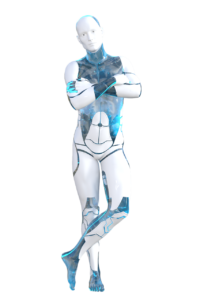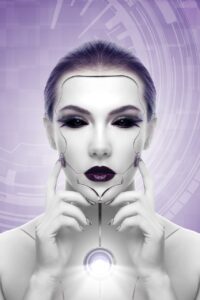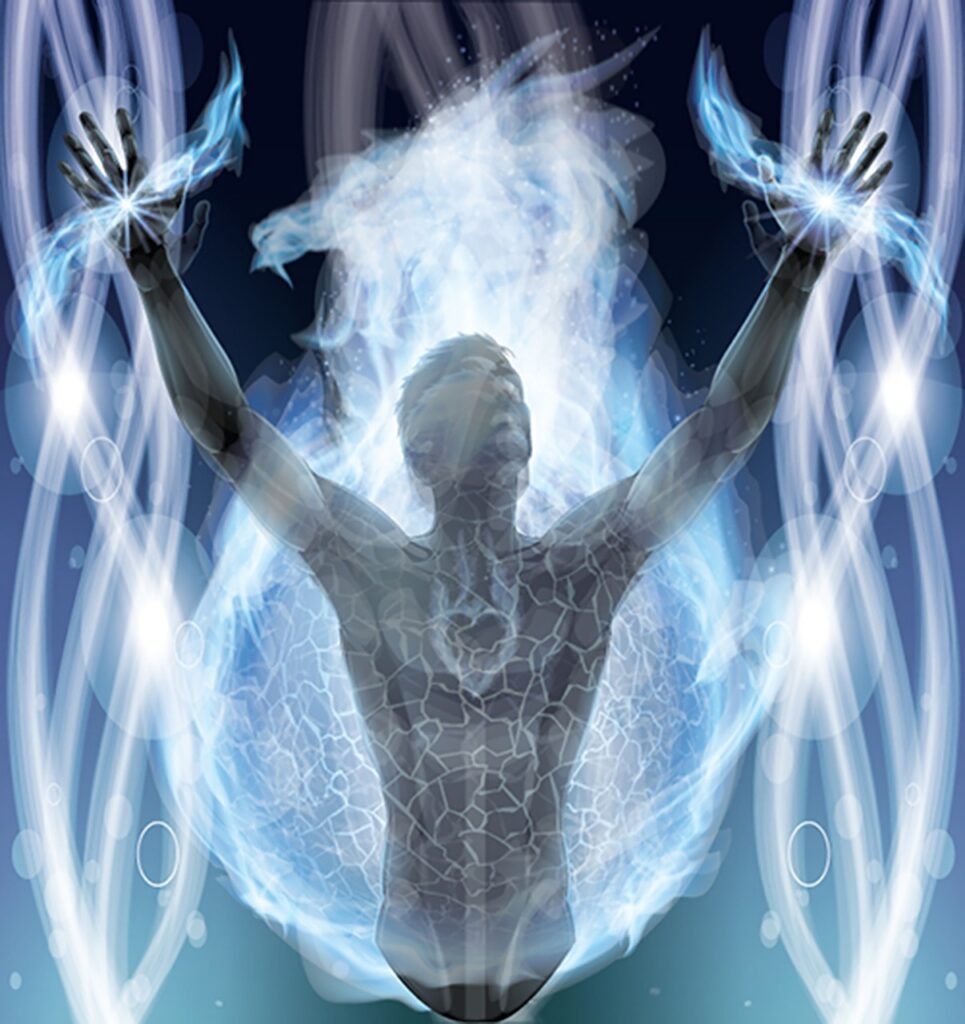Ray Kurzweil’s Quest for Human Immortality
The idea of living forever has tickled humanity’s morbid fancy for eons. Because who wouldn’t want to stick around to see the eventual heat death of the universe? Ray Kurzweil, a computer wizard and apparent contestant on “Who Wants to be Immortal?”, claimed we’d all be un-killable by 2030. As the big day looms, his prophetic ramblings have crawled back from the grave in a two-part YouTube series by tech necromancer Adagio ensnaring. Given Kurzweil’s track record of eerily accurate tech predictions, it begs the question. How close are we to continue living paycheck to paycheck and achieving human immortality. Also, becoming the zombies we’ve always feared.
In his 2005 book, “The Singularity is Nigh… I mean Near,” Kurzweil made the bold claim that by 2030, we’d have discovered the cheat code to eternal life, thanks to technology. He also prophesied that in 2029, artificial intelligence (AI) would ace the Turing test. And essentially becoming our intellectual doppelgängers. By 2045, Kurzweil predicts a “Singularity” shindig where we’ll all RSVP to merge with AI and boost our brainpower by a billion. Because who needs natural selection when you can just download an upgrade?
A Look Back at Kurzweil’s Predictions
Kurzweil is convinced that nanotechnology is our ticket to the never-ending party of immortality. He envisions that, in less than a decade, we’ll have armies of teensy robots repairing our bodies at the cellular level. So, we can laugh in the face of aging and illness. Medical engineers are currently crafting these nanobots, ready to give diseases a good old-fashioned beatdown.
Kurzweil also foresees a future where nanobots in our digestive systems and bloodstream turn us into culinary superheroes. With their help, we’ll be able to chow down on whatever we please, all while staying slim and bursting with energy.
Kurzweil’s Psychic Scorecard
To some, Kurzweil’s predictions might sound like the ramblings of a mad scientist with a time machine. However, a surprising number of his past forecasts have turned out to be true. In a 2010 report, he bragged about an 86% accuracy rate on 147 predictions he made back in the ’90s. This is when neon windbreakers and Tamagotchis were still a thing. He nailed predictions like the rise of laptop domination, IBM’s Deep Blue checkmating world chess champ Garry Kasparov. And high-speed Wi-Fi becoming as ubiquitous as cat videos by 2010. So, maybe we shouldn’t be so quick to dismiss his visions of a nanobot-infused future.
Will We Become Immortals By 2030?
Sure, Kurzweil’s impressive track record of psychic prowess might make us want to blindly trust his predictions. But let’s not get too carried away. It’s vital to slap on some skepticism goggles and take a good, hard look at the potential risks and ethical minefields that come with these techno-wonders. After all, advancements in technology can be a double-edged sword. It can make our lives easier while also raising a whole new set of questions we never thought we’d have to answer. So, let’s proceed with caution and maybe keep our immortality party hats stashed away for now.
In Summary, Ray Kurzweil’s tantalizing predictions about immortality and the leaps of technology have turned heads and captured the imaginations of the tech world’s movers and shakers. But, like a mysterious crystal ball, only time will reveal if we’ll be popping champagne bottles for eternal life by 2030. As we watch this sci-fi future unfold before our eyes, let’s keep our minds open to the endless possibilities. Also, stay grounded in the reality of the broader implications and challenges that come with it. If immortality ever becomes a reality, it’ll flip our understanding of human existence on its head, sending shockwaves through the very essence of society.



